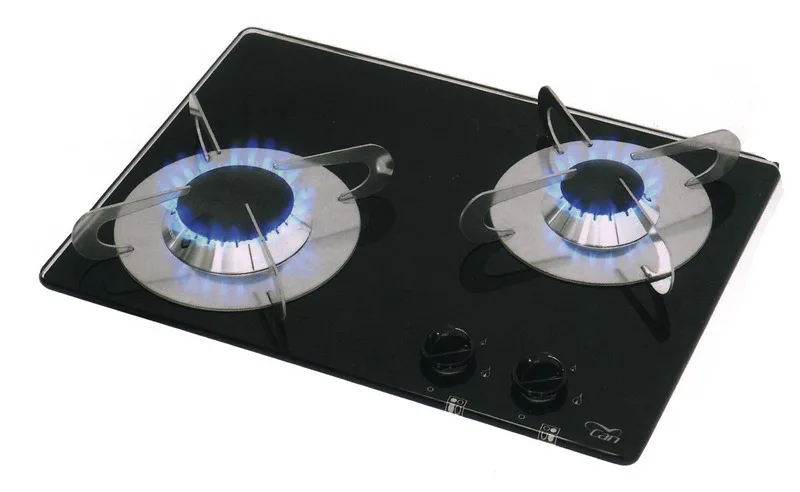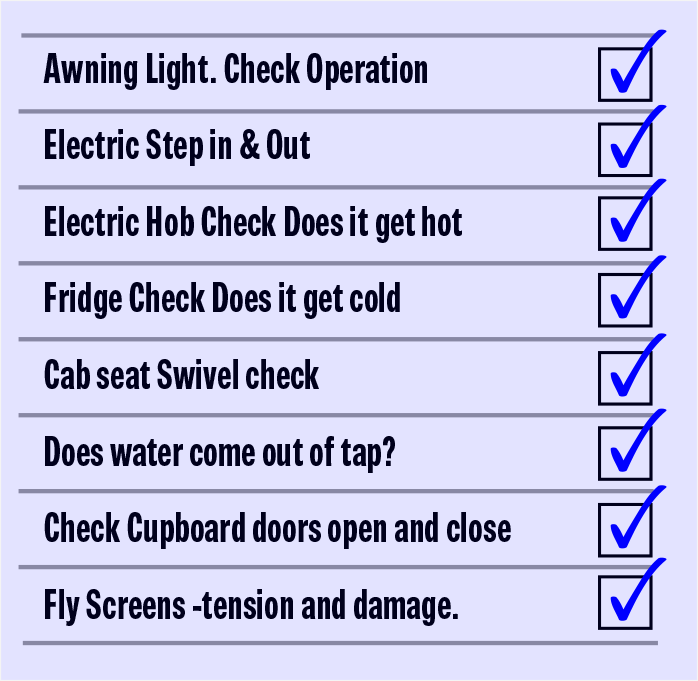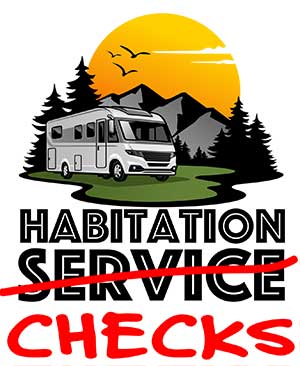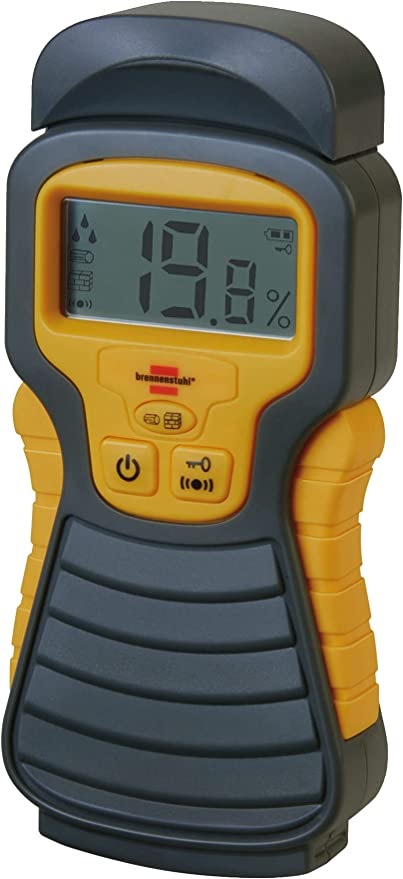We are used to servicing our cars at specified intervals. But when we buy a motorhome, we soon learn about another type of service. The Motorhome Habitation Check. Often referred to as a Service. So what is it and do I want it?
The first thing to say about the habitation service, is that it’s not a service at all.
It’s a check. Nothing is serviced, your fridge or water heater will not be serviced, they will be checked. A box will be ticked.
Some companies insist on calling it a Habitation Service, but that’s likely because they want to charge you more for it. So let’s call it a Motorhome Habitation Check from now on.
Most makers insist we make these annual checks to keep their warranty valid. If you have a new motorhome under warranty, it would be silly not to have the vehicle checked during the warranty period, because if something is wrong, they can hopefully fix it under that warranty.
Some dealers insist they carry out the habitation checks at their premises, sometimes at an inflated rate. You might have to swallow that for as long as your warranty is valid. However, it’s worth arguing the toss here.
Habitation checks have been standardised. The National Caravan Council, along with The Caravan and Motorhome Club and The Camping and Caravanning Club, got together and created the Approved Workshop Scheme (AWS). http://www.approvedworkshops.co.uk/
It’s highly likely that your dealer will be part of the same scheme. This means they can hardly complain if a similarly qualified “Approved (but much cheaper) Workshop” does your habitation check.
Damp Only Checks
Some manufactures only insist on an annual damp check. We can get these much cheaper than full habitation checks.
Get Some Free Checks
If a dealer has a workshop and does their own servicing, then no matter what they tell you, The motorhome habitation check won’t cost them much to provide. This means when buying a van, you should always try to add a couple of years of habitation checks to your “Last minute, Just before you sign, haggle” As far as a salesperson is concerned, the cost of a couple of habitation checks over the next couple of years is negligible and easily added to a deal; but savings for you could be considerable.
What do they cost?
Essentially, they cost as much as you’d like to pay. Some approved checkers charge as little as £80, while others look you in the eye, with a deadpan expression and ask for £500.
Properly carried out, checks will take at least a couple of hours, so you will always pay at least two hours of labour, which, as we all know, can be expensive; especially at a dealer’s premises. Dealers are often the most expensive, but not always, so shop around.
What do they actually check?
As the name suggests, they make these checks of the “living” part of the motorhome. They check on all our essential life support systems, such as heating, light, waste and motorhome structure, etc. Below is not an exhaustive list of things they check, but it will give you an idea.
Underneath
They will inspect the underneath of your van to check on the security of waste tanks and underslung gas tanks.
Electrics
They’ll check all aspects of the electric. Battery and mains. And see that all the protection systems work and that everything that uses electricity lights up or operates as intended.
The Gas System
They will inspect this for leaks, damaged or old hoses, all flame failure devices will be seen to work, they will check all items that rely on gas for safe operation, such as the correct flame and ventilation.

Your Fresh Water system
They’ll check all aspects of the fresh and grey and see that it’s working with no leaks.
Fire and Safety
They’ll check the fire extinguisher, smoke alarms, blankets, etc
Bodywork Checks
Door and window seals, checks for damp and delamination, cupboards catches and seals, fly screens, etc.
If my van is out of warranty, should I bother with Habitation Checks?
Approved Workshops use checklists to ensure nothing is missed, and you get a copy to prove it’s been done. But let’s look at some checks you’ll be paying someone to do. While the official checklist looks long and impressive, there is rather a lot of padding. For example;

If any of these things aren’t working, you really don’t need to pay someone to tell you. You know already.
There are three important items that form the key part of the motorhome habitation check. Two of these can kill you; gas and electricity. And one that can make you cry, damp.
Electricity
If you know absolutely nothing about such systems and cannot do basic checks yourself. Then having someone look over your electrics is important; especially on vans that are new to you. When electrics go wrong, the chances are it’s going to be more annoying than life threatening. But serious faults can be found and getting the checks done can give you peace of mind.
Gas
Gas has the potential to do you harm, but as long as you have a sense of smell, you’ll know about serious leaks. However, odourless fumes and ventilation issues are dangerous and if you would prefer not to just rely on a carbon monoxide detector, then a regular motorhome habitation check by a professional will again offer uou peace of mind.
Damp
Damp is also a killer, but of bank balances rather than you. Whether it is condensation on the inside or rain getting in from outside. It has the potential to seriously damage the integrity of your motorhome. Once you have had a van that suffered damp, you might become a little like me and become slightly paranoid about it. I have done hundreds of damp checks over the years and you should, too. This is an affiliate link to the cheap and cheerful meter I use.
Even if you are useless with tools, I recommend you buy a damp meter. Any van can suffer from damp. Some people think they have a quality van and they’ll never suffer from water ingress. Some can be quite snobby about it, thinking only British vans leak and their German van is oh so watertight.
This attitude will get you into trouble. Yes, some vans might be better designed to prevent water ingress, but every van relies on rubber seals and sealant to keep water out.
Rubber can be damaged or deteriorate, and sealant can dry out and crack. Especially so on large roof or sidewall sections where there is a lot of flex. All that movement and changes of temperature see that the sealant is well and truly tested. Tiny little cracks in the sealant can let in a lot of water.
I know someone who had to replace the whole back of a motorhome that was completely rotten. One small cracked rubber seal on a high brake light was all it took. For at least a couple of years, it had been letting water into the structure every time it rained or was washed.
Whether or not you have a regular motorhome habitation check. At least once a year, yes, even if your van is German, check every seal on your van. Clean around the seals on skylights, windows, doors, solar panel fixings, not forgetting brake and marker lights, and bike racks, etc. Then, have a good look at them. Check all seals are sound, and the sealant is not brittle or cracked.

Check regularly inside for any evidence of moisture, both with your meter, eyes and nose. Check inside cupboards and high locker ceilings for any discolouration (water staining) and then use your nose. Even the oldest vans should never have that musty, earthy smell. If you smell it, hunt it down. It should not be there.
The Motorhome Habitation Check. A Four Point Summary
-
- If you are competent, don’t waste your money, you can easily do the checks yourself
- If you don’t know one end of a screwdriver from the other, pay someone to do it, but shop around.
- If you’re under warranty and maker or dealer insist, it’s a small price to pay if something awful is discovered.
- Remember, any van can leak. Buy a meter and do regular damp checks yourself.



